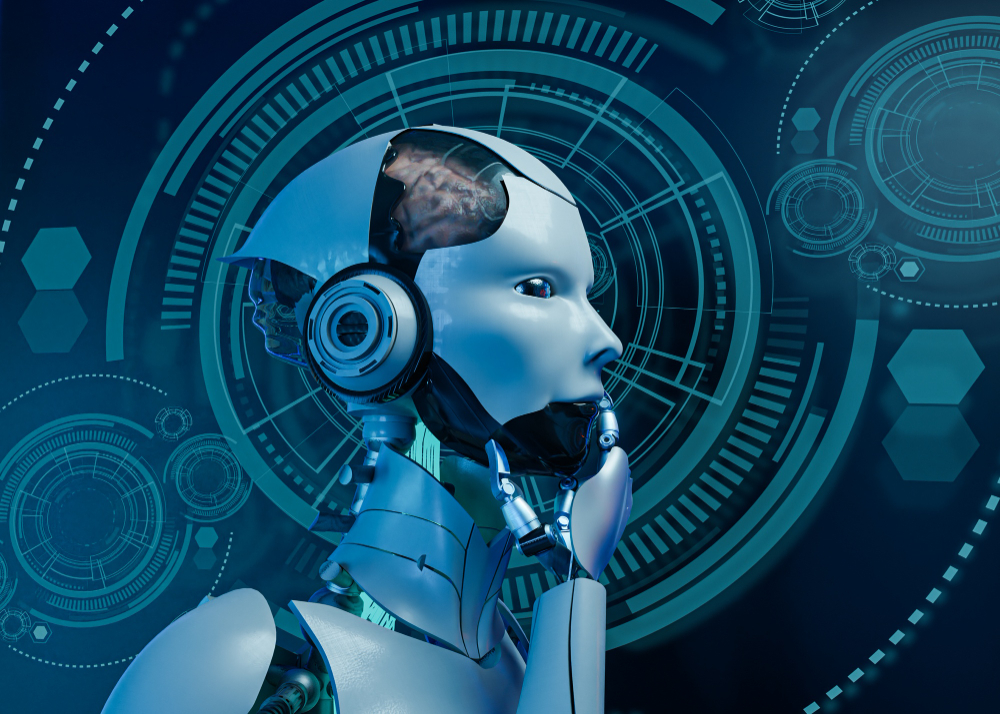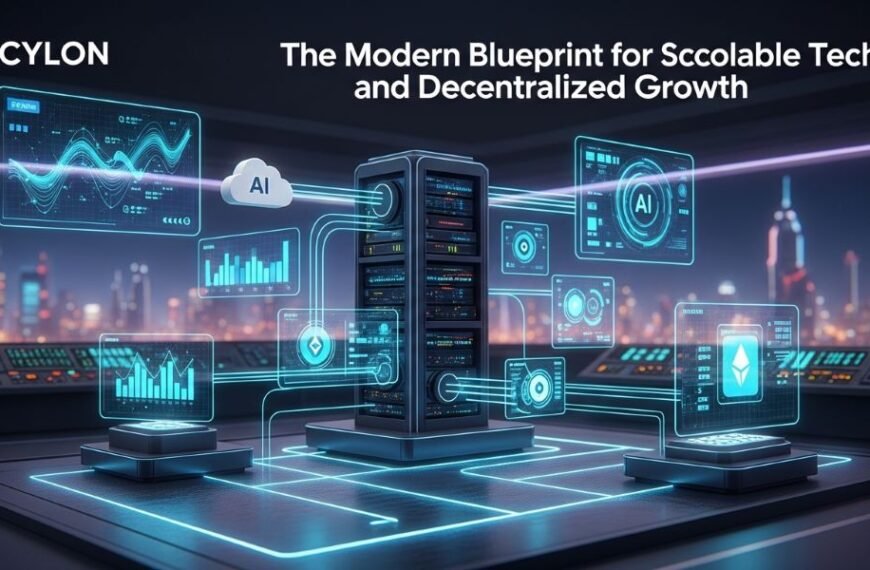In today’s rapidly evolving digital landscape, the terms data science and artificial intelligence (AI) have become more than just buzzwords. They represent transformative technologies reshaping industries, enhancing productivity, and driving innovation. From personalized recommendations on streaming platforms to advanced medical diagnostics, the influence of data science and AI is pervasive and profound.
What is Data Science?
Data science is an interdisciplinary field that combines statistics, mathematics, computer science, and domain expertise to extract meaningful insights from large volumes of data. The process involves data collection, cleaning, analysis, and visualization to inform decision-making and strategic planning.
What is Artificial Intelligence?
Artificial intelligence refers to the simulation of human intelligence by machines. AI systems are designed to perform tasks such as learning, reasoning, problem-solving, and decision-making. Machine learning, a subset of AI, enables machines to learn from data and improve their performance over time without being explicitly programmed.
The Intersection of Data Science and AI
Data science and AI are often intertwined, with data serving as the fuel that powers AI algorithms. Data scientists use AI techniques to enhance their analytical capabilities, while AI systems rely on vast datasets to learn and evolve.
Applications Across Industries
Healthcare
AI-powered diagnostic tools and predictive analytics are revolutionizing healthcare. Data science is used to analyze patient data, predict disease outbreaks, and personalize treatment plans. AI algorithms can detect anomalies in medical images, aiding in early diagnosis and treatment.
Finance
In the financial sector, data science and AI are used for fraud detection, risk assessment, algorithmic trading, and customer service automation. Machine learning models analyze transaction patterns to identify fraudulent activities, while AI chatbots provide personalized customer support.
Retail and E-commerce
Retailers leverage data science to analyze consumer behavior, optimize supply chains, and personalize marketing campaigns. AI algorithms power recommendation engines, offering customers tailored product suggestions based on their browsing and purchase history.
Manufacturing
AI-driven automation and predictive maintenance are transforming manufacturing processes. Data science enables real-time monitoring of equipment, predicting failures before they occur, and optimizing production schedules.
Transportation
Self-driving cars, route optimization, and fleet management are made possible through data science and AI. Machine learning algorithms analyze traffic patterns, predict travel times, and enhance vehicle safety features.
Benefits of Data Science and AI
- Enhanced Decision-Making: Data-driven insights enable informed decision-making and strategic planning.
- Improved Efficiency: Automation of repetitive tasks increases operational efficiency and reduces human error.
- Personalization: AI algorithms deliver personalized experiences in various sectors, from entertainment to healthcare.
- Innovation: Continuous advancements in data science and AI drive innovation and open new business opportunities.
Challenges and Ethical Considerations
While the benefits are numerous, the integration of data science and AI poses challenges such as data privacy, algorithmic bias, and job displacement. Ensuring ethical use of AI technologies, maintaining data security, and addressing workforce transitions are critical considerations.
The Need for Skilled Professionals
The growing adoption of data science and AI across industries has created a high demand for skilled professionals. Pursuing a masters in AI and machine learning equips individuals with the necessary expertise to develop and implement AI solutions, analyze complex datasets, and drive technological advancements.
Future Trends
- AI and Edge Computing: Processing data closer to the source for real-time decision-making.
- Explainable AI: Developing AI systems that provide transparent and understandable outcomes.
- AI in Cybersecurity: Enhancing threat detection and response mechanisms.
- Augmented Analytics: Leveraging AI to automate data preparation, analysis, and insights generation.
Conclusion
Data science and artificial intelligence are at the forefront of technological innovation, reshaping industries and enhancing our everyday lives. As these fields continue to evolve, the demand for skilled professionals will grow. Pursuing advanced education, such as a masters in AI and machine learning, offers a pathway to exciting career opportunities and a chance to contribute to the future of technology.






